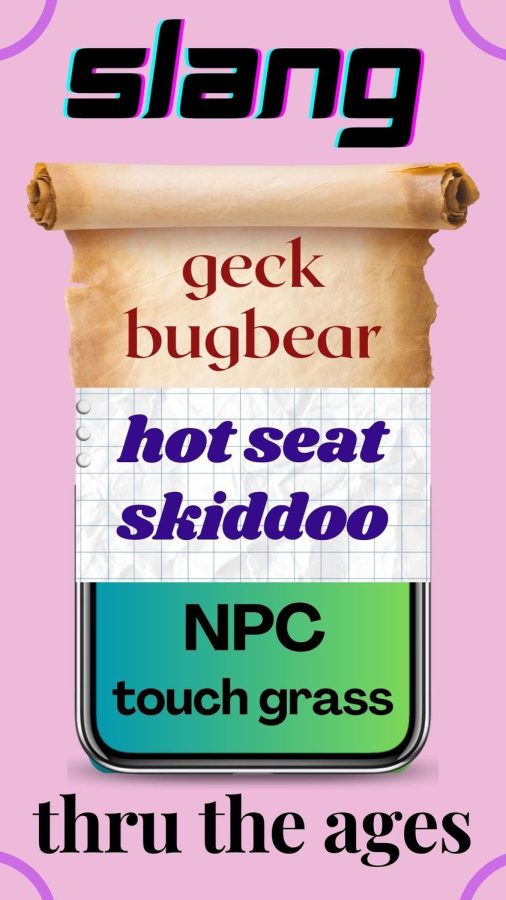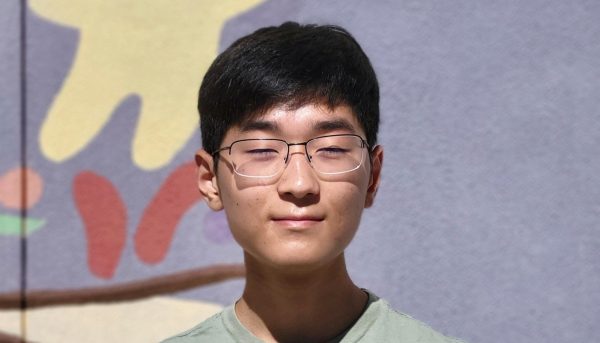Slang through the ages
May 5, 2023
Slang is constantly evolving, and the unique words it creates help unify the diverse Amador student culture.
“I grew up in the ’70s and ’80s… some slang terms I remember are: If you’re running real fast, that’s called… ‘booking’… and if you’re putting someone in their place… you were ‘moded,’ or ‘moded corroded,’” said English teacher Darren Pagtakhan.
The late 1900s are infamous for their slang words, including: “juke joint” (1930s), “hot seat” (1940s), “daddy-o” (1950s), “preppy” (1980s), and “get jiggy” (1990s). These words can easily confuse modern students, but they were perfectly normal during their time.
“Many of these [words] are very different from what we use today. It’s interesting to see how they’ve evolved [over] almost 100 years… I think slang really just comes from what you experience,” said Skye Kazempour (‘25).
The origins of slang trace back to 16th-century Britain, where criminals created a dialect called the Thieves Cant in order to confuse authorities. Today, slang is still used to unify groups of people under a common dialect.
“Some slang terms I use on a daily basis are ‘lit,’ ‘cap,’… Sometimes I use ‘cool,’ ‘hip,’ or ‘young,’ but I don’t really pay attention to when I use slang. It just comes to me naturally,” said Harshita Masineni (‘25).
In addition, many slang terms originate from marginalized communities. The word “snatched” comes from drag queen culture, and terms such as “cool” and “lowkey” have their roots in African-American culture. Slang is important in uniting all sorts of communities, including Amador.
“Earlier, we talked about Shakespeare and poetry and all their contributions to our English language, but I think, for some reason, hip-hop doesn’t get a lot of credit for where the slang originates,” said Pagtakhan.
What do the words “get jiggy,” “rizz,” and “jammiest bits of jam” have in common? They all mean the same thing: flirting and falling in love. Despite slang’s rapid evolution, it is still often used to represent the same emotions and experiences common to young people.
“Language is such a socializing element and we’re social creatures. When we experience something out of our social element, it feels like we’re in another universe, and language has the power to do that,” said Pagtakhan.





